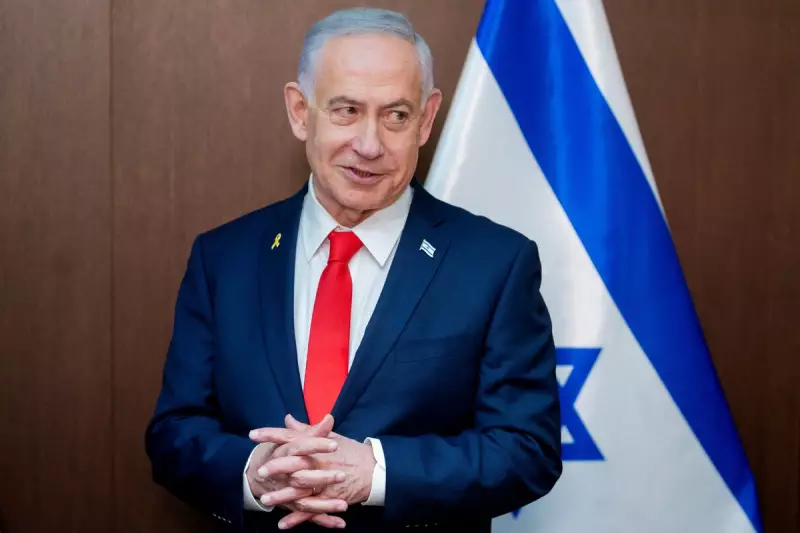
In a stunning political revelation, former US President Donald Trump has claimed personal responsibility for persuading Israeli Prime Minister Benjamin Netanyahu to postpone the anticipated ground invasion of Gaza.
The controversial assertion came during Trump's interview with the conservative media platform Unfiltered, where he detailed his private conversation with the Israeli leader amid escalating tensions in the region.
The Crucial Phone Call That Changed Military Strategy
According to Trump, his intervention came at a critical moment when Israel appeared poised to launch a full-scale ground offensive into the Gaza Strip. "I told him, I said, 'Bibi, don't do it. Don't do it. You're going to pay a big price,'" Trump revealed during the interview.
The former president suggested his advice stemmed from concerns about the complex urban warfare environment in Gaza and the potential for catastrophic consequences. His warning appears to have resonated with Netanyahu, though the Israeli government has not officially commented on Trump's claims.
Hostage Crisis Takes Centre Stage
The delayed invasion comes against the backdrop of a severe hostage situation, with Hamas holding approximately 229 captives following their October 7th attacks. Among those detained are vulnerable individuals including young children and elderly civilians.
International pressure has been mounting for a humanitarian pause to facilitate hostage releases and allow crucial aid into the besieged territory. The United Nations and various world leaders have expressed growing alarm about the deteriorating humanitarian conditions in Gaza.
Humanitarian Catastrophe Unfolds
The conflict has already exacted a devastating toll, with Palestinian health officials reporting over 9,000 fatalities since hostilities began. The staggering casualty figures have prompted widespread international concern and calls for de-escalation.
Meanwhile, Israel continues to mourn the 1,400 lives lost in Hamas's initial assault, the deadliest single day in the nation's history.
Political Implications and Reactions
Trump's disclosure has ignited fierce debate about the appropriate role of former presidents in active international crises. Critics question the propriety of his private diplomacy, while supporters argue it demonstrates his continued influence on the world stage.
The Biden administration has maintained its stance supporting Israel's right to self-defence while increasingly emphasising the need for civilian protection and humanitarian considerations.
As the situation remains fluid, the world watches anxiously to see whether diplomatic efforts can prevent further escalation in a conflict that has already claimed too many lives on both sides.





